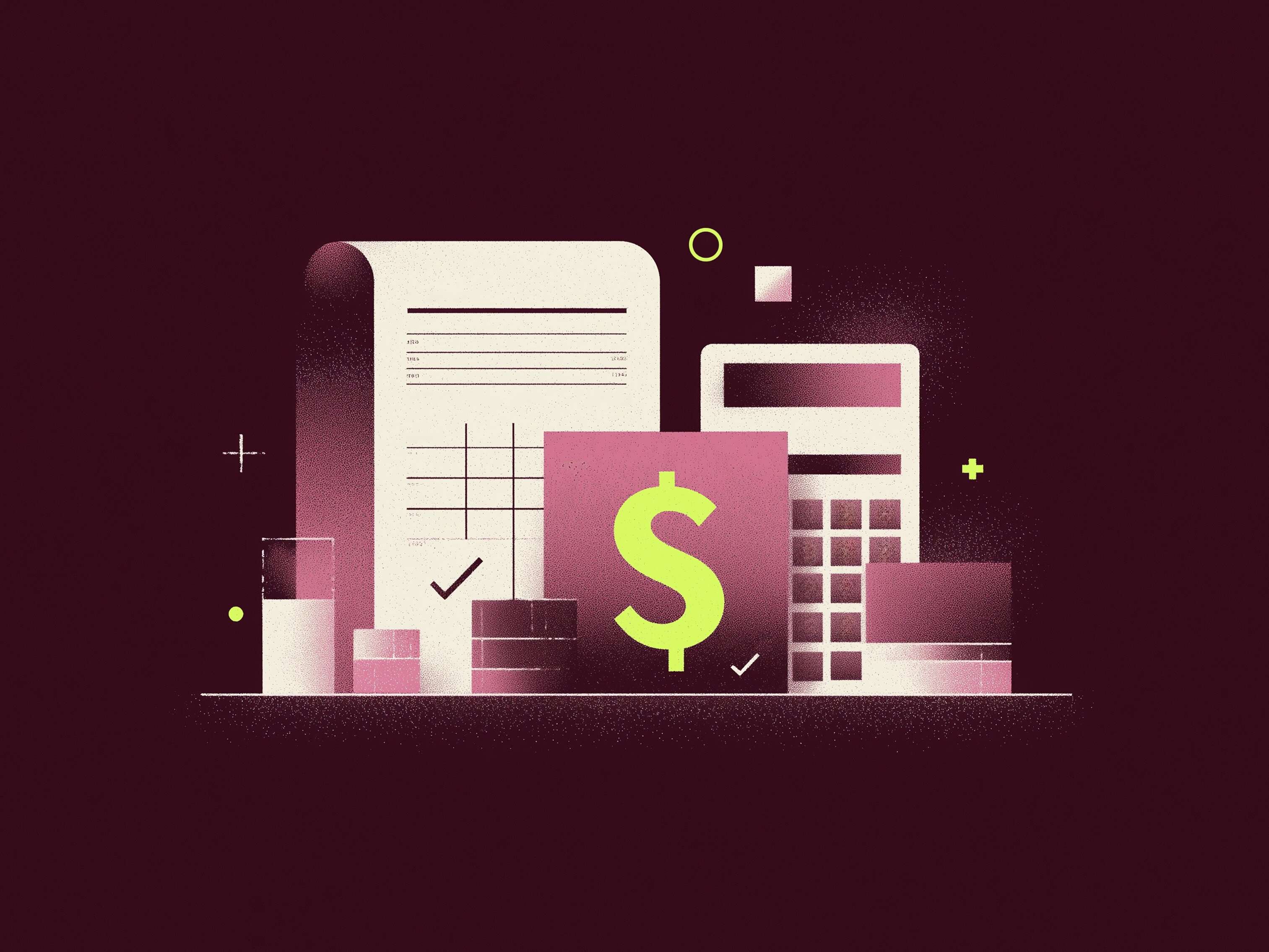Our mindset can have a huge impact on our actions. For example, if you're intimidated by a big-name client, you might not muster up the courage to pitch them. Or you may spiral so long about the worst possible outcome (your client will hate your work) that you run out of time or energy to actually complete the project.“These negative emotions would be amplified when individuals already have a lack of job security,” Brianna Barker Caza, PhD, an associate professor of management in the Bryan School of Business and Economics at the University of North Carolina at Greensboro. Thought patterns and habits such as catastrophizing, defeatism, and emotional reasoning can take their toll on anyone, but self-employed workers may take professional hardships more personally.Dr. Caza and Katie Vernoy, MS, MFT, a therapist, coach, and consultant, help us navigate (and overcome) seven thought patterns that can undermine our work.
Catastrophizing
What it is: Your worries spiral when one thing goes wrong. It's extremely easy for entrepreneurs and self-employed people to fall into this trap. "There is such an up and down that occurs [in freelancing], so catastrophizing can happen pretty frequently," Vernoy says. "It’s really overwhelming to be able to navigate those ups and downs."
How to beat it: Try to maintain perspective when you hit one of those major “downs.” Evaluate how bad things really are, separate from how bad you think they are. Are you doing your best work, despite running a day behind? Are you keeping your client in the loop about your progress? Does your client seem annoyed or have they threatened to fire you? Thinking objectively in the heat of the moment can be difficult. Vernoy suggests thinking about the odds—exactly how likely is your worst-case, catastrophic scenario? When you pause to consider what's actually likely, rather than the outcome you fear the most, you may be able to stop this spiral.
All-Or-Nothing Thinking
What it is: You view the world through a stark, black-and-white lens that doesn’t allow for any mistakes or flaws. If you don’t execute a task perfectly on your first attempt, it doesn’t “count.”
How to beat it: Celebrate every win, no matter how small or delayed, Vernoy suggests. Even if you didn't reach the main goal you set out to accomplish, you probably didn't fall flat on your face. Maybe you made a connection that will lead to more work in the future, or perhaps you addressed a minor flaw in your workflow along the way.
Defeatism
What it is: An overwhelming sense of defeat will make you reluctant to reach out to potential clients because you’re sure you’ll be rejected. What’s the point in trying? Overcoming this thought cycle may be especially difficult right now, as the COVID-19 pandemic (and the accompanying economic fallout) continues. “The uncertainty and ambiguity [of contract work], in combination with the experience of identity threat because securing work as a gig worker is hard right now, can make people feel defeated,” Dr. Caza says.
How to beat it: Vernoy suggests shifting your focus to smaller opportunities you might be overlooking. “There’s going to be some challenges, but there's still work that needs to be done. There are still people who are doing business,” she says. Seek out that work and those people, and offer them ways you can help.
Devaluing
What it is: You deny yourself any opportunity to celebrate yourself or your accomplishments, because deep down, you believe that you aren’t actually that great, or that someone else out there is still better than you.
How to beat it: Reach out to people who can provide you with an objective perspective of your skills. Asking these people to give you clear, substantive feedback on your work will help you better understand your strengths and see where you were truly successful.
Emotional Reasoning
What it is: You allow your feelings to inform your decisions, worldview, and assumptions about the future. If you’re feeling extremely anxious about an assignment, it must be urgently important to everyone else, too, and you have to prioritize it over everything else. “Every human being does this,” Vernoy says. How to beat it: The trick is to get some distance from your feelings. Try to notice when your emotions, more than your reason or logic, are guiding your actions and hit pause. Slow down your breathing, ask for advice, and separate yourself from your work, Veroy says. Working for yourself means being personally invested in the services you deliver, but you shouldn't rely exclusively on your emotions to make professional decisions.
Defensiveness
What it is: When you receive negative feedback, your instinct is to put up a wall and dismiss the criticism as proof that that client doesn’t understand your work or dislikes you as a person. While it is possible that your client is demanding too much or has a bad personality, if your knee-jerk reaction is to find fault with them, you might be acting from a place of defensiveness, Vernoy says. That frame of mind won’t just make communicating with your client difficult; it could also spoil your relationship with them.
How to beat it: Instead of marinating in those feelings, Vernoy says to seek clarity from your client: Why were they unhappy with your services? Did you make a mistake or fail to meet the expectations outlined in the assignment? It's hard, but try to avoid brushing aside constructive criticism that could help you grow.
“Should” Thinking
What it is: You frame all of your tasks as “should” statements (“I should clear out my inbox,” “I should circle back with that old client,” “I should get a head start on my quarterly taxes”), which ultimately makes these tasks more difficult to accomplish. But the idea that there’s a right and wrong way to freelance is misguided. Even if someone says you should have a website before reaching out to clients or have an accountant on call the moment you start collecting payments, that’s not necessarily true.
How to beat it: Review the facts and listen to your gut, Vernoy says. In order to cut through the pressure of “should” thinking, you need to prioritize tasks for yourself, based on your own business and needs. From there, she says to break those big “should” tasks down into smaller steps that feel more approachable.
Wingspan helps freelancers run their businesses smoothly—with no catastrophes in sight. Sign up for your 30-day free trial here.
You Might Also Like:
Do You Have a Fixed or a Growth Mindset? Here’s How to Tell—and Why One is Essential for Success


.jpg)

